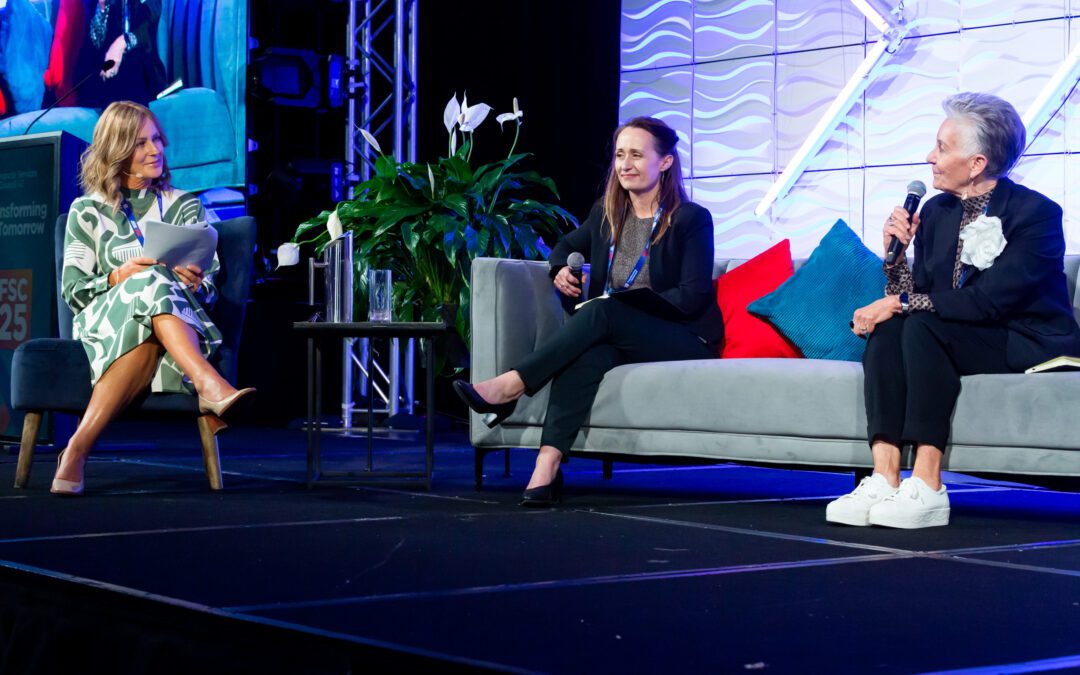The retirement age – or more accurately, the age of eligibility for the pension – has long been considered something politicians tamper with at their peril.
John Key pledged he’d sooner resign as Prime Minister than backtrack on a promise not to raise the retirement age. His successor Bill English was not bound by that promise and soon after taking office announced the age would increase to 67. However, the decision not to start the incremental move from 65 to 67 for another 20 years ignited something of a generation war, with millennials and baby boomers trading barbs over who was entitled to what and who was simply entitled. Andrew Little continued to politicise the issue, earlier this year announcing a Labour-led government would not be raising the age of entitlement beyond 65 at all, but would instead focus on resuming contributions to the Superannuation Fund. New Labour leader Jacinda Ardern has so far only said she ‘is not campaigning on that’ this election.
But whatever the politics, here are the facts: Treasury estimates that on current settings, the pension will cost the Government $40 billion a year by mid 2040, compared to $11 billion this year. That would equate to about 6% of GDP, or about the current size of the health budget. Even raising the age will only save about 10-percent of that cost. Longer life expectancy and thus retirees collecting the pension for longer, combined with lower home ownership rates and thus the potential of more retirees requiring help in retirement, could all put a dent in those savings.
That’s a lot of facts and figures to digest but here’s what you really need to remember: if you want a comfortable retirement, don’t rely on what you may or may not receive from the Government. You need to start planning for it now.
In my book “Kill your Mortgage and Sort Your Retirement” I lay out how you can be in the best possible position by the time you retire and if this is a concern to you I recommend you give it a read.
But here are my key action points: Assess your current situation – work out what you’ll have when you retire based on your current trajectory, and determine whether that will deliver the kind of retirement you envisaged. If not, you need to make a plan. If you don’t own a house, make this a priority. If you do, make paying off the mortgage as fast as possible the priority – channel all surplus funds into your mortgage because the total cost of having a mortgage for 30 years can be up to three times what you initially borrowed. Plus, a mortgage free house is a huge benefit in retirement. If you don’t have any surplus funds to channel into your mortgage, you need to reassess your budget and make a plan to create surplus funds. Once you’ve paid off your mortgage you can focus on saving for retirement, whether that’s through simply saving, investing or using equity in your home to borrow money to buy an investment property.
At enable.me we’ve helped thousands of clients pay their mortgage off faster and ensure they have options in their retirement. Don’t hesitate to contact us for a consultation if you want to be one of them. (A fee applies).
Disclaimer: This blog post is for informational purposes only and does not constitute individual financial advice. If you’re interested in receiving personalised financial advice, you can book in a consultation with an enable.me coach. Costs apply.


